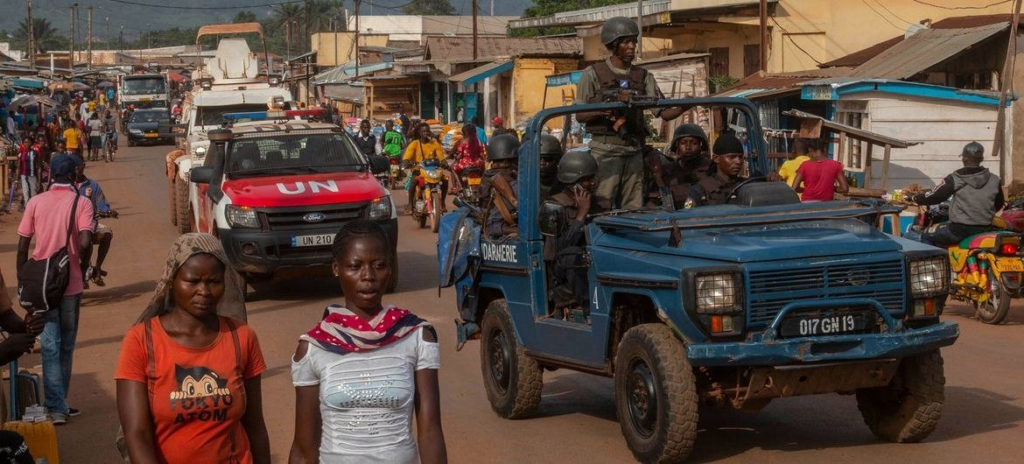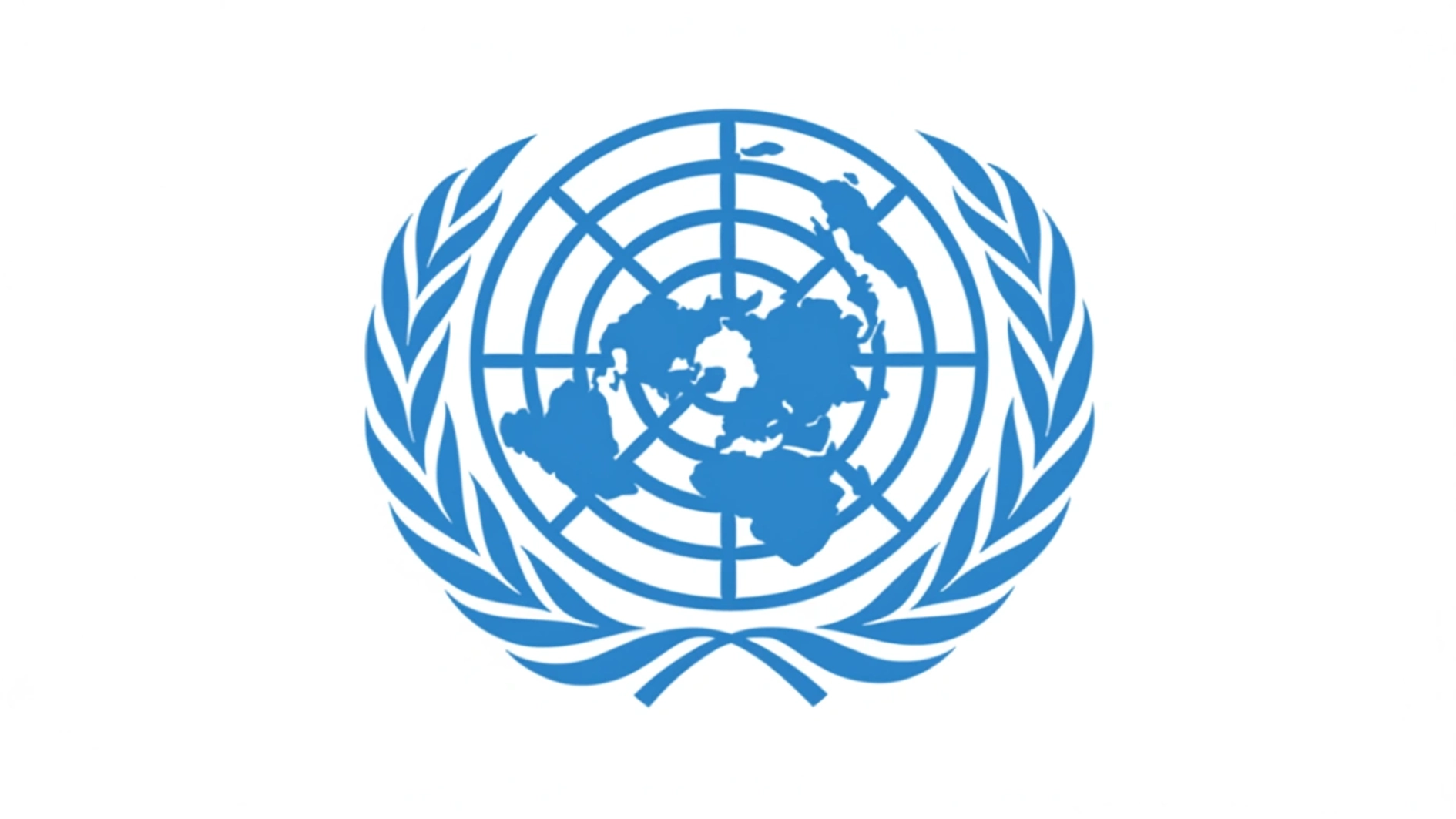Mosquitoes have been discovered in Iceland in a first for the island nation, which has long been one of the world’s mosquito-free places, a researcher told AFP Monday.
Three Culiseta annulata mosquitoes, two females and one male, were sighted around 30 kilometres (20 miles) north of the capital, Reykjavik, according to Matthias Alfredsson, an entomologist at the Natural Science Institute of Iceland.
“They were all collected from wine ropes… aimed at attracting moths,” the researcher said in an email, referring to a method of adding sugar to heated wine and dipping ropes or strips of fabric into the solution, which are then hung outside to entice the sweet-toothed insects.
Along with Antarctica, Iceland has long been one of the few places on earth without a mosquito population.
“It is the first record of mosquitoes occurring in the natural environment in Iceland. A single Aedes nigripes specimen (arctic mosquito species) was collected many years ago from an aeroplane at Keflavik airport,” Alfredsson said, adding that “unfortunately, that specimen is lost”.
Their presence could “indicate a recent introduction to the country, possibly via ships or containers”, he said, but further monitoring in spring would be necessary to determine their further spread.
Rising temperatures, longer summers and milder winters, all brought on by climate change, create a more favourable environment for mosquitoes to thrive.
But Alfredsson did not believe that a warmer climate explained the discovery.
The species “appears to be well adapted to colder climates”, which “allows them to withstand long, harsh winters when temperatures drop below freezing”, he said.
He added that its “diverse breeding habitats… further enhances its ability to persist in Iceland’s challenging environment.”
Mosquitoes are known for carrying pathogens that cause illnesses such as malaria, as well as other non-tropical diseases, including Dengue fever, Zika virus disease, Chikungunya, and yellow fever, among others.
Sub-Saharan Africa carries about 95% of the world’s malaria cases, with Nigeria at the top as the country with the highest malaria burden in the world.
The people most affected by the illness are those residing in rural, underserved, and flood-prone communities and regions where mosquitoes are prevalent.
Unlike Nigeria and its neighbours in Sub-Saharan Africa, countries where mosquitoes are few or have not been discovered do not contribute to the population of people battling these illnesses.






